SUMMARY
This is AI generated summarization, which may have errors. For context, always refer to the full article.
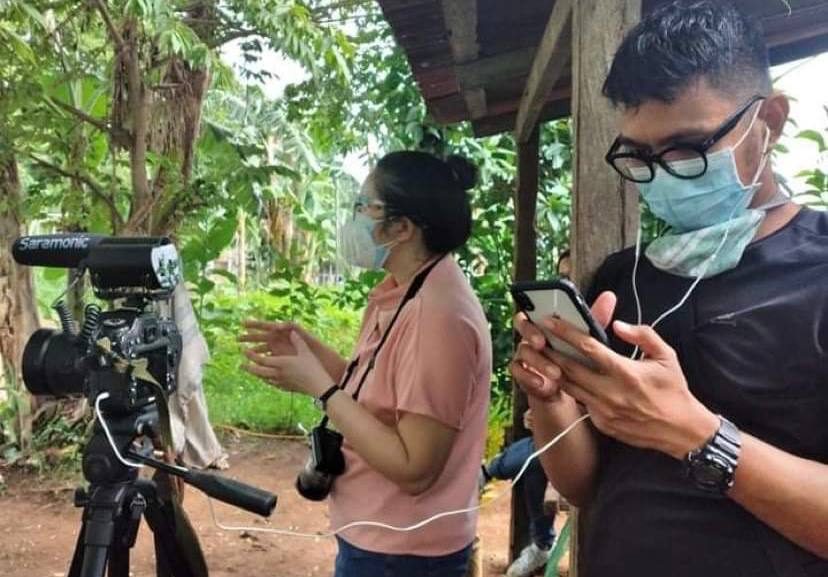

MANILA, Philippines – One thing is clear in the move to block websites allegedly affiliated with communist groups: nothing in the anti-terror law says websites can be blocked after designation as terrorists.
“Sites belonging to organizations not designated cannot be blocked,” retired Supreme Court senior associate justice Antonio Carpio told Rappler. “They can challenge the correctness of the order because they have not been designated as terrorist organizations. Besides, under Section 25, the only consequence of being designated as a terrorist organization is the freezing by the Anti-Money Laundering Council (AMLC) of their bank accounts,” said Carpio.
Former Supreme Court spokesperson Ted Te also said the groups can challenge the constitutionality of the orders because “it is prior restraint especially when it comes to news providers.” Prior restraint or prohibiting content before they are published is unconstitutional.
“Also in Disini v. Sec of Justice, Section 19 of the Cybercrime Protection Act that allowed for restricting or blocking of access to computer data was struck down as unconstitutional for being in violation of freedom of expression and the guarantee against unreasonable searches and seizures,” said Te of the Free Legal Assistance Group (FLAG), a veteran in free speech cases.
Both the law and its implementing rules say that the effect of designation is the freezing of assets. Justice Undersecretary Adrian Sugay said, “The law mentions individual, groups of persons, organization, or association, whether domestics or foreign. Affiliates are not specifically mentioned.”
Moreover, most of the 28 websites blocked upon the request of National Security Adviser Hermogenes Esperon Jr. were not even designated as terrorists. Esperon just told the National Telecommunications Commission (NTC) that the groups are “affiliated to and are supporting terrorists and terrorist organizations.”
Carpio said even CPP founding chairperson Jose Maria Sison can challenge the order even though he and the CPP had been earlier designated. “Because for designation, the only consequence is freezing of assets.”
NTC ordered on June 8 internet service providers to block access to 28 websites, including established news site Bulatlat, all on the basis of a request by Esperon on June 6 that these sites are affiliated with designated terrorist groups.
“We will definitely assail the NTC order and the NSC request as we are not among those designated as terrorists and even if designated, there is nothing in the law that says you can block access to websites,” said Renato Reyes, secretary general of Bayan whose website was also blocked.
Challenge anti-terror law?
After the groups challenge the order itself, can they challenge the anti-terror law once more, especially the local designation power upheld by the Supreme Court?
When the Supreme Court upheld the constitutionality of the anti-terror law, it said: “The Court must emphasize this holding does not, will not, and should not preclude subsequent challenges by individuals or groups who may in the future, eventually come before this Court once again to assail the constitutionality of the unresolved provisions in the law.”
Maybe not, according to Carpio, because the language of the ruling says groups may challenge the “unresolved provisions in the law.”
“The constitutionality of Section 25 was already upheld in the case. Only ‘unresolved provisions’ can be questioned in the future based on ‘as applied’ cases,” said Carpio.
Te said they can still try. “I still think they can challenge it especially if they can make out a violation of freedom of expression,” said Te, a petitioner and counsel in the Supreme Court cases.
Prior restraint
According to Carpio, the proper route to take down a website for alleged affiliation with terrorism would have been to file a case for cybercrime in court.
“If the rebellion or inciting to rebellion is committed with the use of Information and Communications Technology (ICT), then a criminal case can be filed and a court order can be secured to block the site,” said Carpio.
Josa Deinla, spokesperson for the National Union of Peoples’ Lawyers (NUPL) which is the counsel for Bulatlat, said they are looking at filing a petition for certiorari with a request for injunction against the NTC order.
“A mere conclusory statement that one is affiliated with and supporting “terrorists and terrorist organizations” without competent, credible and admissible evidence is arbitrary and therefore has no legal leg to stand on,” said Deinla.
Bulatlat, in a statement, said: “This is prior restraint against protected speech. It is downright unacceptable as it is based on Esperon’s mere hearsay.”
Altermidya, a network of alternative news groups including Bulatlat and Pinoy Weekly whose sites were blocked, said “it strongly denounces the stifling of our freedom and rights with such arbitrary claims.”
“Esperon and the National Security Council did not even bother to provide credible or solid evidence behind their claim that Bulatlat and Pinoy Weekly, as well as the other organizations on the list, are affiliates and supporters,” said Altermidya.
Bulatlat, Altermidya, and Pinoy Weekly had been previously hit with distributed denial-of-service (DDoS) attacks, which could temporarily bring down a website. Other mainstream news sites like Rappler, ABS-CBN, and CNN Philippines were also hit.
Groups have called for the incoming National Security Adviser Clarita Carlos to revoke Esperon’s request once in office.
The National Union of Journalists of the Philippines (NUJP) said: “We call on the NTC and the NSC to reconsider the inclusion of news sites and of the websites activist groups in their supposed list.” – Rappler.com
Add a comment
How does this make you feel?
![[WATCH] Carpio on People’s Initiative: ‘Nothing to do with economic provisions’](https://www.rappler.com/tachyon/2024/02/RetiredJusticeCarpio_Cebu_February202024-1-scaled.jpg?resize=257%2C257&crop=767px%2C0px%2C1372px%2C1372px)
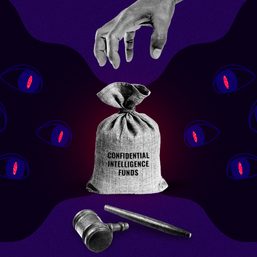
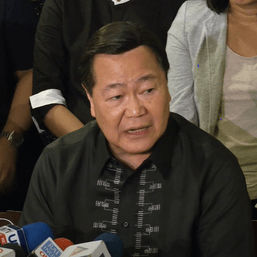

![[WATCH] Carpio on why PH claims over Bajo de Masinloc, Spratlys are ‘strongest’](https://www.rappler.com/tachyon/2023/10/carpio-wps-livestream-ls-2-1.jpg?resize=257%2C257&crop_strategy=attention)

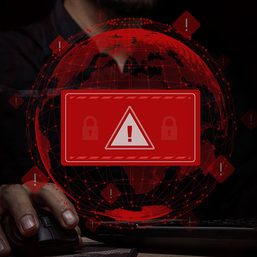
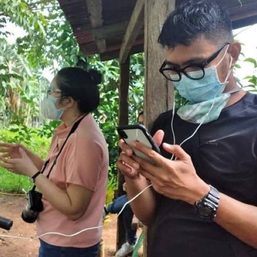


![[OPINION] You don’t always need a journalism degree to be a journalist](https://www.rappler.com/tachyon/2024/06/jed-harme-fellowship-essay-june-19-2024.jpg?resize=257%2C257&crop=287px%2C0px%2C720px%2C720px)



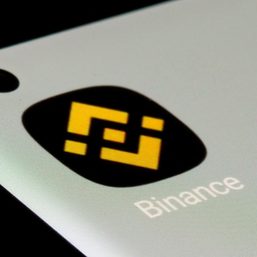
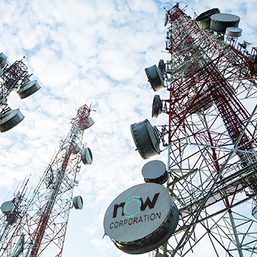
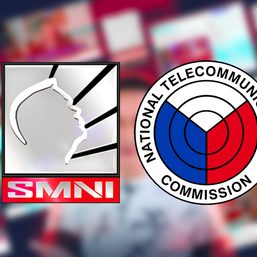
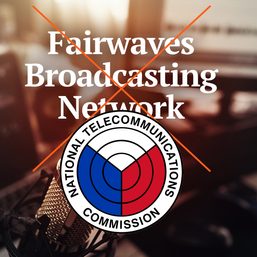





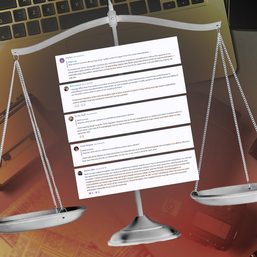
There are no comments yet. Add your comment to start the conversation.